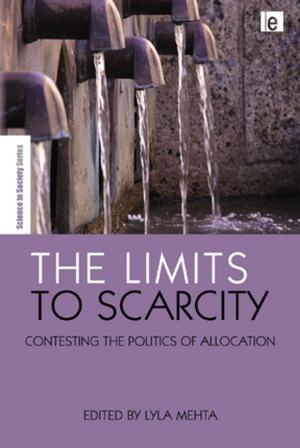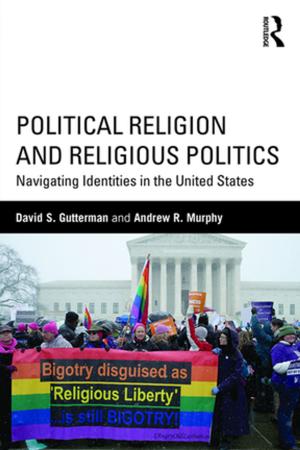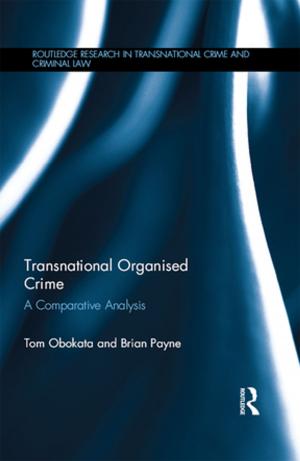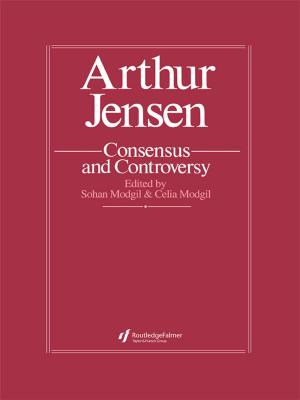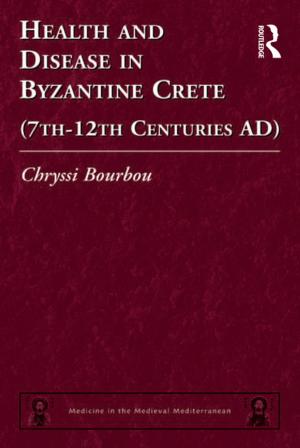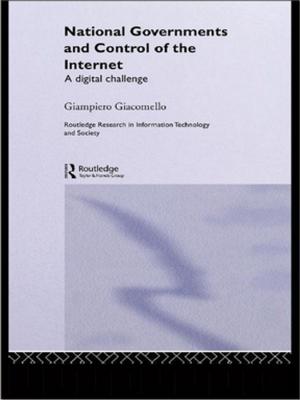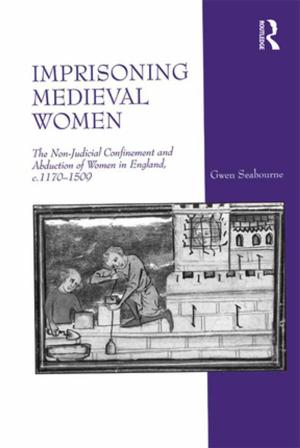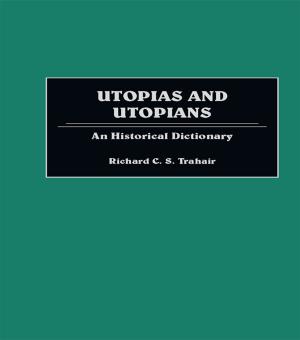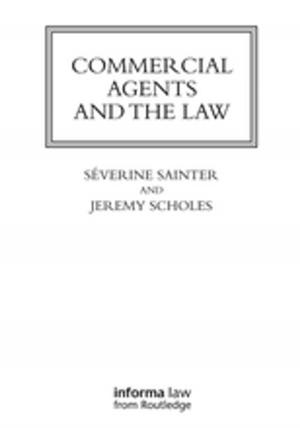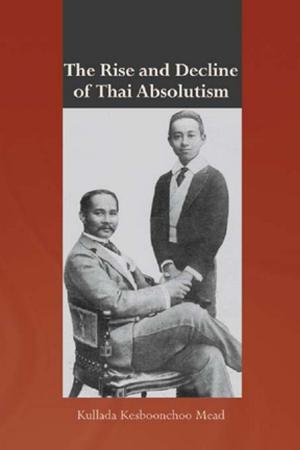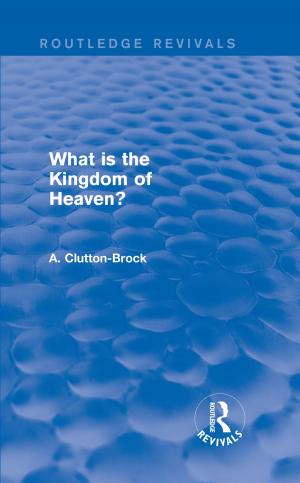Plato
Plato: The Written and Unwritten Doctrines
Nonfiction, Religion & Spirituality, Philosophy, Ancient| Author: | John Niemeyer Findlay | ISBN: | 9781136521430 |
| Publisher: | Taylor and Francis | Publication: | October 12, 2012 |
| Imprint: | Routledge | Language: | English |
| Author: | John Niemeyer Findlay |
| ISBN: | 9781136521430 |
| Publisher: | Taylor and Francis |
| Publication: | October 12, 2012 |
| Imprint: | Routledge |
| Language: | English |
J.N. Findlay, distinguished scholar and acknowledged expert on Plato, argues persuasively for a new interpretation of the Platonic writings. He believes that Plato's Unwritten Doctrines were present in the background of all the great philosopher's mature written work. With the use of Aristotelian and other writings on these reported doctrines he demonstrates that they admit of an intelligible elucidation and they direct indispensable light upon the full meaning of the written Dialogues.
The author emphasizes the valuable use of Platonic notions and methods by the Neoplatonists and the Schoolmen as well as by such modern thinkers as Husserl and Russell. He also censures, as a great misinterpretation, the widespread Aristotelian view of Platonism as a two-world theory, and argues that, for Plato, the Ideas and their Principles alone have full reality, everything else being logically parasitic upon them.
The work also includes two important Appendices, the first providing translations of the Aristotelian and other ancient material regarding Plato's oral teaching, the second criticizing and refuting the views of Harold F. Cherniss on the same material.
J.N. Findlay, distinguished scholar and acknowledged expert on Plato, argues persuasively for a new interpretation of the Platonic writings. He believes that Plato's Unwritten Doctrines were present in the background of all the great philosopher's mature written work. With the use of Aristotelian and other writings on these reported doctrines he demonstrates that they admit of an intelligible elucidation and they direct indispensable light upon the full meaning of the written Dialogues.
The author emphasizes the valuable use of Platonic notions and methods by the Neoplatonists and the Schoolmen as well as by such modern thinkers as Husserl and Russell. He also censures, as a great misinterpretation, the widespread Aristotelian view of Platonism as a two-world theory, and argues that, for Plato, the Ideas and their Principles alone have full reality, everything else being logically parasitic upon them.
The work also includes two important Appendices, the first providing translations of the Aristotelian and other ancient material regarding Plato's oral teaching, the second criticizing and refuting the views of Harold F. Cherniss on the same material.

